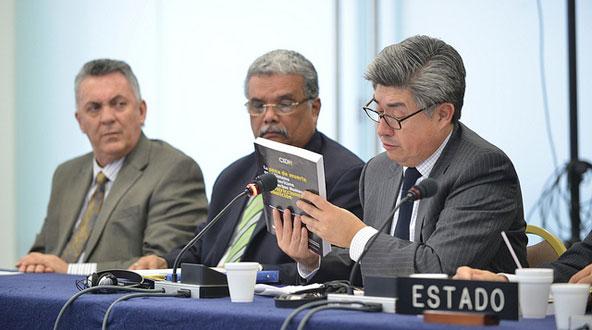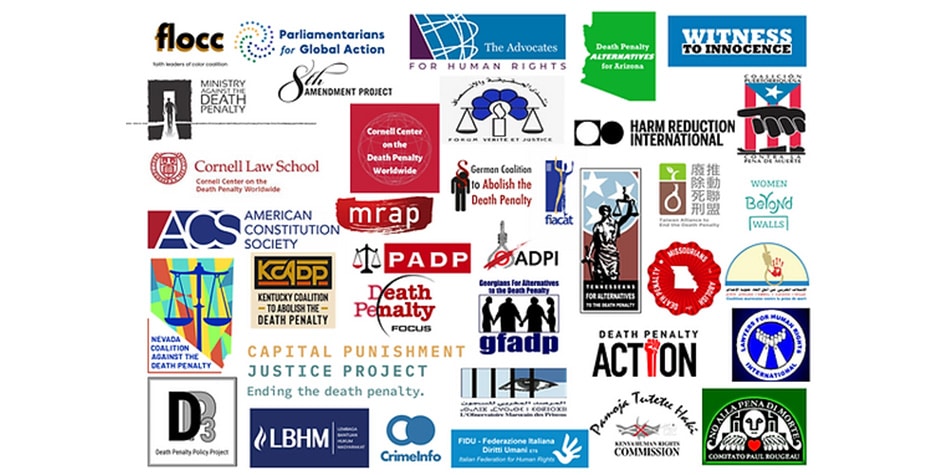
Organisation of American States considers moratorium
Abolition
The Inter-American Commission on Human Rights (IACHR), the regional body in charge of protecting and furthering human rights as part of the Organization of American States (OAS), has tackled the death penalty for the first time.
Its latest session on 11 March saw heated debates on this issue, leading to the suggestion of a regional resolution calling for a moratorium on executions. The proposal , initiated by the Joel Antonion Hernández García of Mexico’s permanent mission to the OAS, received support from a broad number of participating delegates from other countries.
Member states including Costa Rica, Ecuador, Mexico, Panama, Argentina, Brazil and the Dominican Republic as well as observer France assessed the need to place the death penalty issue at the heart of the organisation’s action to further the progress towards abolition observed in the region in recent years.
Although the number of countries using the death penalty has been decreasing, the situation in the Americas and especially in the Caribbean remains a source of concern. Cuba, Guatemala, Suriname and the United States still use capital punishment.
The decision to focus this year’s World Day Against the Death Penalty (10 October) on the Caribbean owes nothing to chance.
While most states in the region have abolished the death penalty in the region or confine it to exceptional cases, the US remains the only country on the continent to carry out regular executions – even though their numbers have been decreasing.
Cuba claims that the last execution there took place 10 years ago, yet the death penalty is still on the island’s books.
“Constructive dialogue”
Carmelo Campos Cruz of the Puerto-Rican Coalition Against the Death Penalty highlights the need for national debates in retentionist countries while pushing for an OAS resolution for a moratorium on executions. “Determination from the countries in this hemisphere will certainly help maintain a constructive dialogue with those countries that retain the death penalty,” he said.
The OAS warned that litigation is insufficient to combat the death penalty, citing the example of Trinidad and Tobago. There, capital punishment still exists in law and public opinion is strongly in favour of it. The organisation called on political leaders to act responsibly, even through unpopular decisions, and recommended broader strategies to include civil society.
Trinidad and Tobago delegate Rose-Marie Belle Antoine criticised the stance of international organisations that address governments in retentionist countries instead of adopting a broader approach encompassing advocacy and education.
Campos, whose home country Puerto Rico is subject to US federal laws despite having abolished the death penalty locally, accepted the Trinidadian representative’s view. “Her remarks are in agreement with the vision of the Greater Caribbean for Life coalition, which aims to open dialogue across the region as a strategy to strengthen the abolitionist movement and achieve the eventual abolition of the death penalty in the Americas,” he said.







